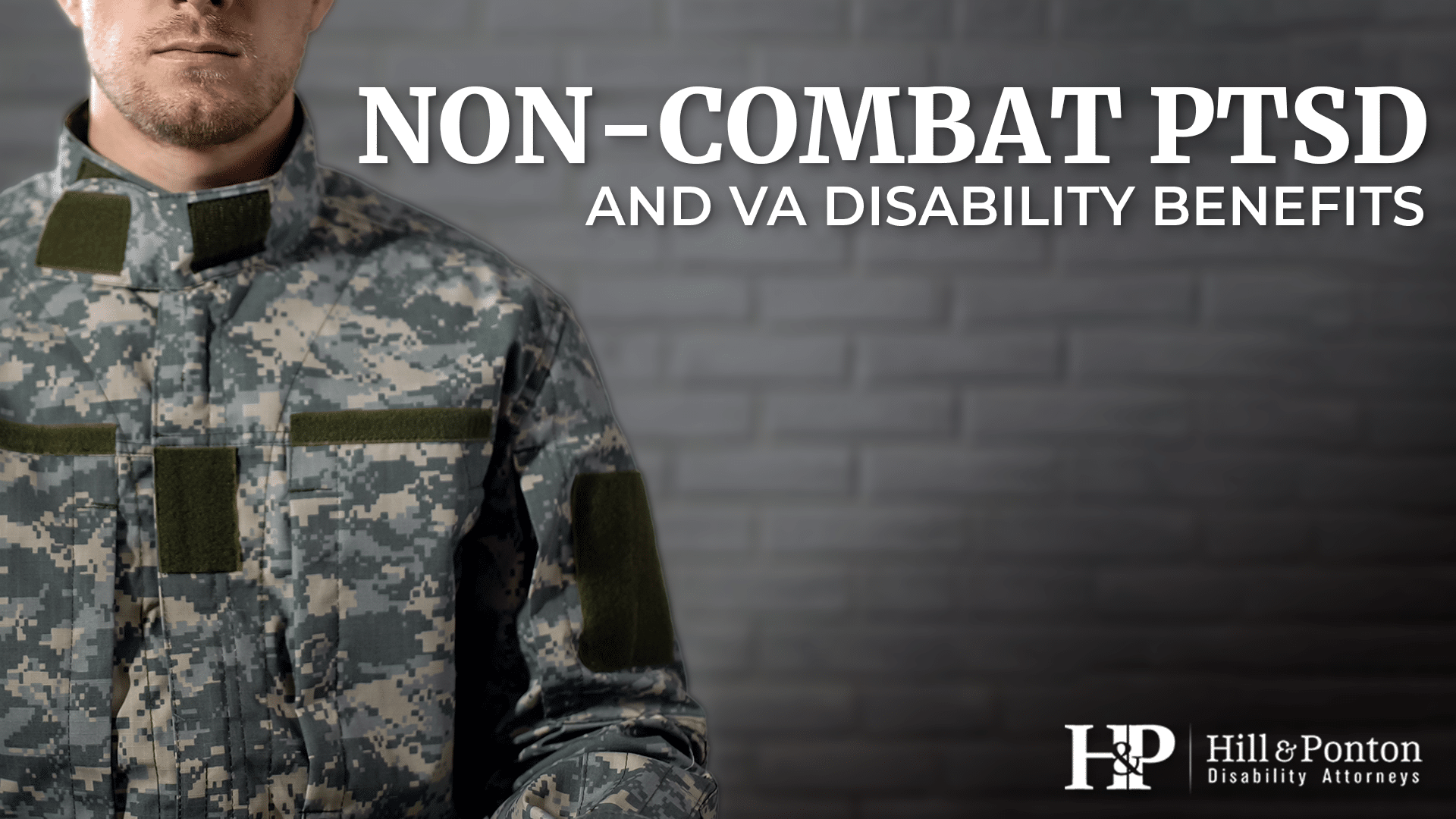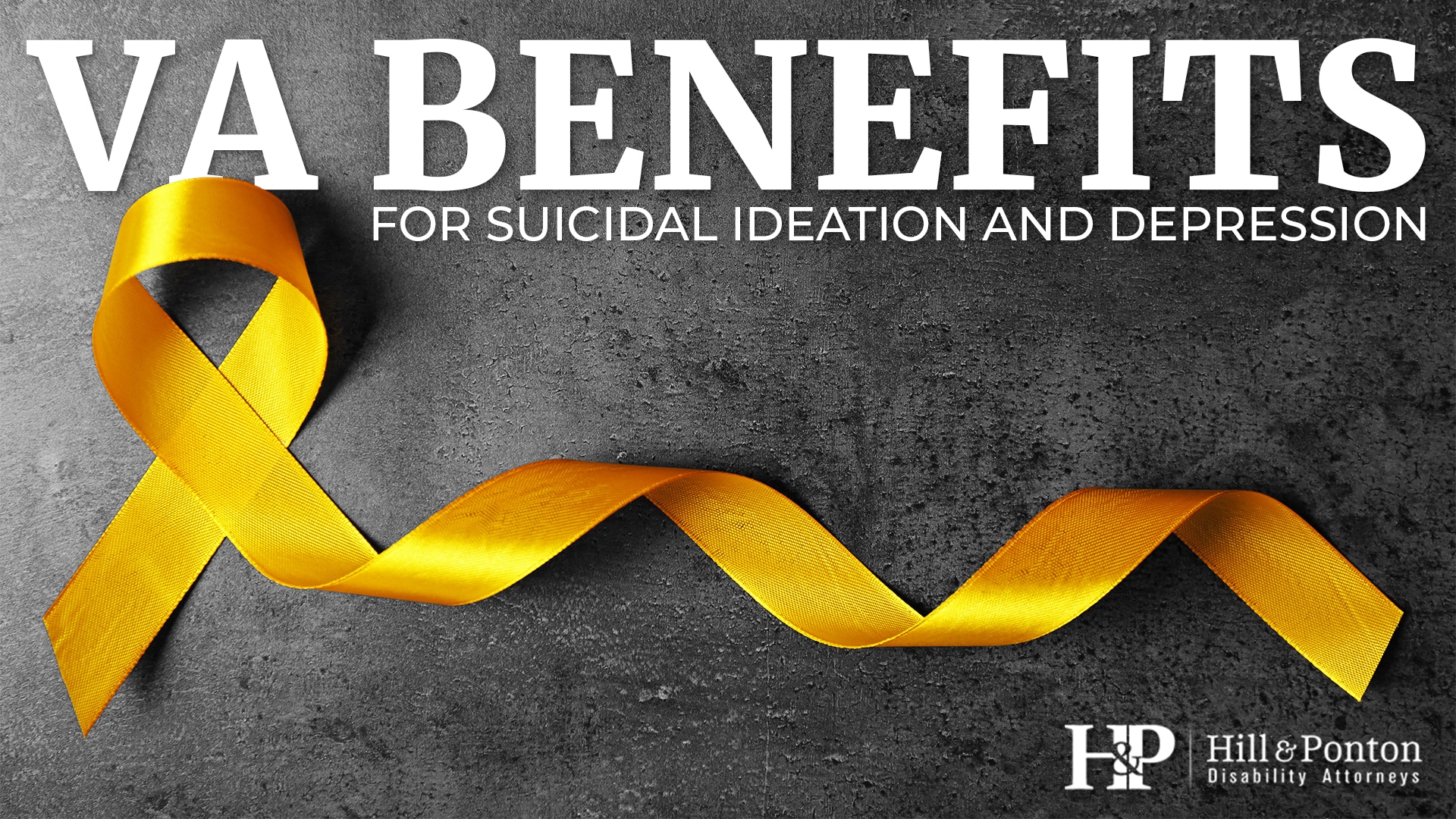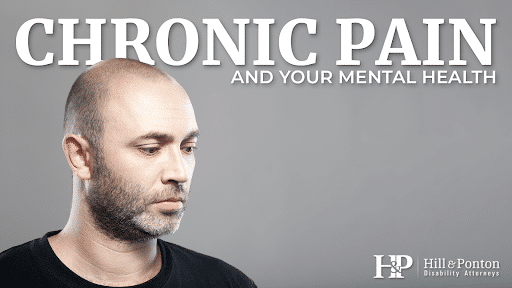As of September 2017, there were approximately 19 million women veterans in the United States, Puerto Rico, and foreign U.S territories. Is the women’s long-term mental health impact of service the same as their male counterparts? Overwhelming studies have shown that it is not and despite the research VA mental health care providers are lagging behind in serving the women veteran population.
Servicewomen continue to deal with a culture of bias, harassment and sometimes assault while serving their country. In addition, active duty women must endure and figure out a way to manage long family separations and combat deployments. These issues are hardly addressed while on active duty. Some women are concerned about seeking care because of a perceived potential impact on their security clearance. After the transition from active duty to veterans, women veterans are significantly more likely to face mental health challenges than veteran men. Veteran Affairs data shows that women veterans are 250% more likely than civilian women to commit suicide.
There is also the issue of women being categorized as “housing insecure” instead of homeless. Housing insecurity is defined as high housing costs in proportion to income, poor housing quality, unstable neighborhoods, overcrowding, or homelessness. The number of women among homeless veterans increased from 7.5% in 2009 to 10% in 2011, while they were just 7% of the total veteran population.
Why does this happen? Many young people join the military before ever having stable permanent housing. The military takes care of all housing needs but it is transitional. After discharge, many of move home, to their parents’ house, or to “couch surfing.” They return oftentimes with no credit, no rental history, and find themselves in increasingly unstable and unsafe places. If they find themselves without a place to live, they use the GI Bill to pay rent and bills rather than to graduate. They become conditioned to housing instability.
This situation is further compounded by the statistic that Iraq and Afghanistan Veterans are more likely to have experienced than other cohorts multiple deployments, have service-related disabilities, higher rates of PTSD, and military sexual trauma. In addition, studies have shown that women service members experience isolation, alienation and sometimes threat in larger scales than their male cohorts.
The VA is undergoing a major reorganization to transform the way it provides services for its veterans nationally. This includes addressing chronic homelessness for returning veterans, but there is still a lot of room for improvement. Veterans have expressed the need to improve transition services for men as well as women whether it be reintegration when they are leaving military service or demobilization after a combat tour. Recommendations for gender-specific transition and demobilization assessments and services have been made by many groups. Although some effort has been made by the Department of Defense (DOD) to address this gap it appears to be inadequate because mental wellness is not improving. Servicewomen have a very different experience of deployment and transition and programs must be tailored to meet women’s specific needs. The VA and DOD must come together and jointly reach a solution that provides a continuum of care that is gender specific with proven lasting improvement in the mental wellness of the women who serve this nation.
If you find yourself struggling with housing insecurity or would like more information about VA services for the homeless, call to 1-877-4AID-VET to connect with VA.



